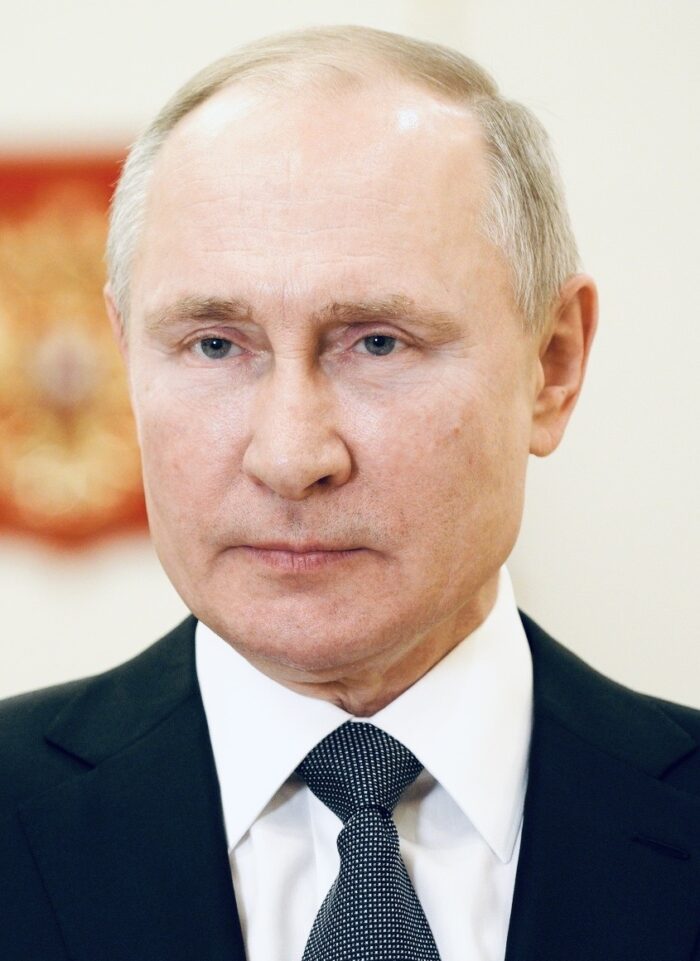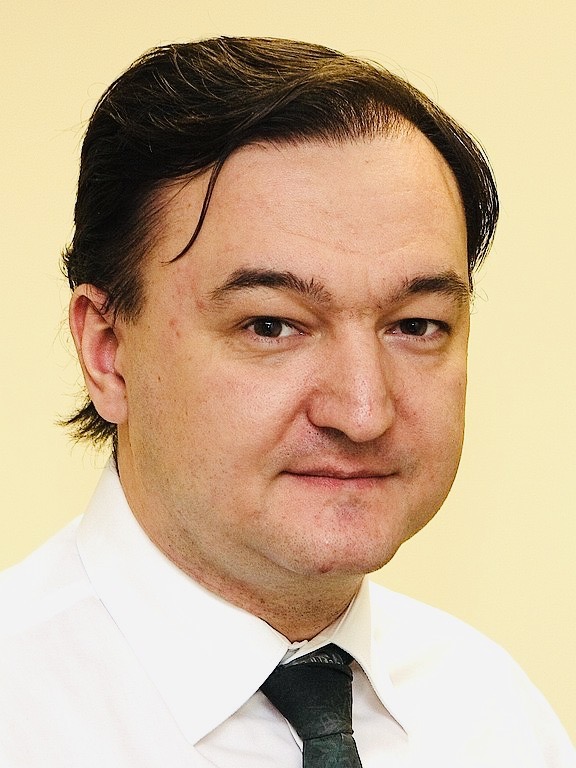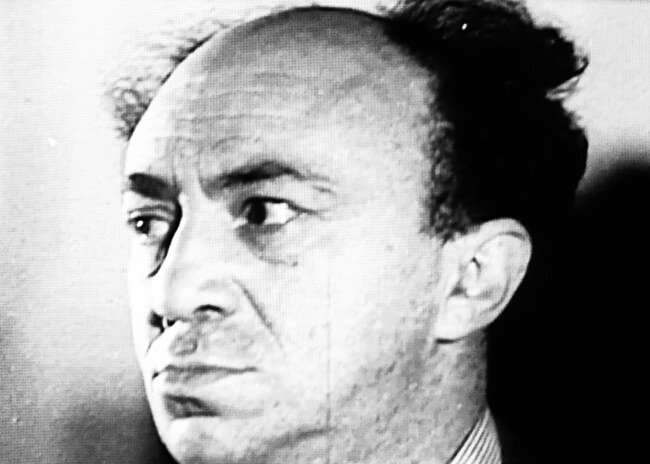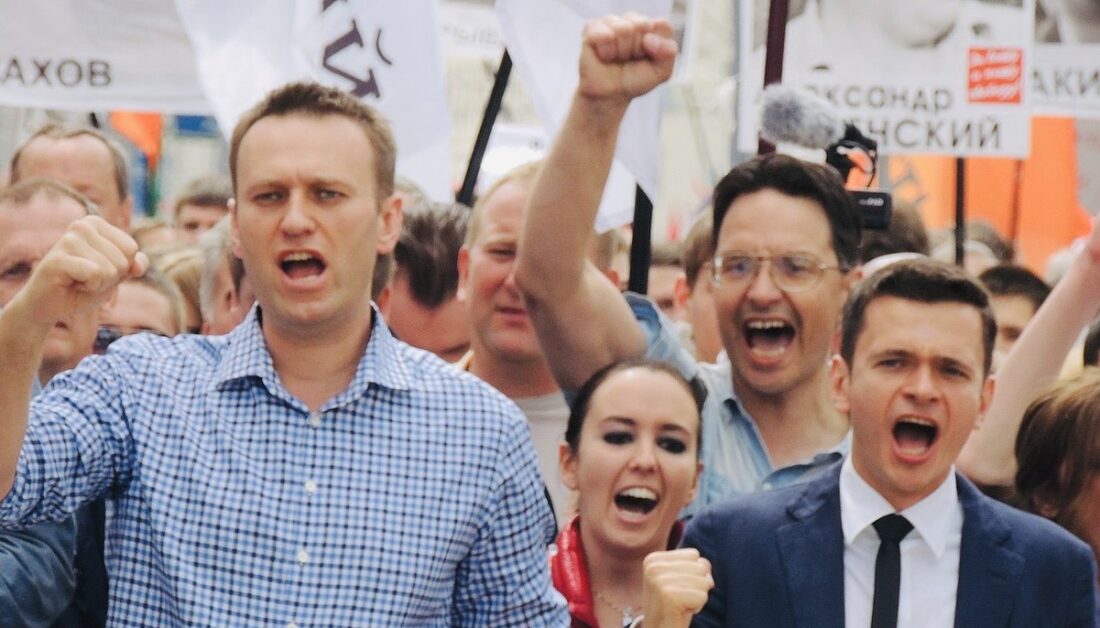Aleksei Navalny, the Russian dissident who died in a Siberian penal colony on February 16 at the age of 47, signed his death warrant when he returned to Russia from Germany after recovering from a botched assassination attempt.
A gadfly who was a thorn in the side of Russia’s authoritarian government, he was probably the most vocal and prominent critic of its president, Vladimir Putin, who cannot tolerate genuine dissent.
In the summer of 2020, Navalny suddenly fell terribly ill during an internal flight from Tomsk to Moscow. Airlifted to Berlin after interminable delays, he barely survived his ordeal. German doctors determined that he had been poisoned by novichok, a nerve agent developed by the Soviet Union during the Cold War. Russia denied its involvement in the case and branded Navalny as an American spy.
After this unnerving incident, Navalny — who has often been compared to Nelson Mandela of South Africa — could have remained safely in Germany as an icon of his movement. Instead, in an astonishing but foolhardy act of fortitude and courage, he returned to his homeland so that he could personally lead the Russian opposition against Putin, whom he accused of corruption and undemocratic practices.

Upon his arrival in Moscow, Navalny — a beacon of moral clarity — was summarily arrested. He was accustomed to such harassment, having been frequently detained and jailed for short periods in the past. This time, however, he did not get off lightly.
Three years ago this month, he was sentenced to three-and-a-half years in prison for a parole violation. In the following year, during another politically-motivated trial, he was convicted on trumped-up charges of fraud and embezzlement and given a nine-year sentence. Last August, having been convicted of “extremism,” he was slapped with a 19-year prison term.
Navalny was exiled to a remote gulag north of the Arctic Circle where conditions were exceedingly harsh and where he spent weeks and months in solitary confinement. It surely affected his health adversely, which is why U.S. President Joe Biden held Putin personally responsible for his untimely death.
Nevertheless, Navalny managed to maintain a vital presence on social media, while his dedicated team of supporters outside of Russia continued to publish damning exposes about the corrupt and venal elite within Putin’s circle, scathing articles about Putin’s crackdown on the independent news media in Russia, and sharp critiques of Russia’s imperialist invasion of Ukraine, which has cost the lives of some 60,000 Russian soldiers to date.
To Putin and his cronies, Navalny was an insufferable nuisance and even a threat who needed to be muzzled, if not neutralized altogether. Such is the oppressive atmosphere in Russia today that more than 400 people have been arrested at memorial gatherings in his honor.
Putin, a former KGB agent, has been in power for the last 24 years, and if his calculations pan out, he will be the president-for-life. Like Joseph Stalin, one of his predecessors, Putin cannot stomach political diversity, much less fair criticism of his dictatorial methods.
Since his accession as Russia’s leader, Putin has been ruthless in crushing dissension and using journalists as pawns in Russia’s increasingly bitter rivalry with the United States.

Mikhail Khodorkovsky, an oligarch who sought to create a truly democratic society in Russia, was imprisoned for 10 years until his release in 2013. Sergei Magnitsky, a human rights lawyer, died in prison under mysterious circumstances. Vladimir Kara-Murza, a political opponent, was sentenced to a 25- year prison term last year on fabricated charges of treason. Evan Gershkovich, a Wall Street Journal reporter based in Moscow, was falsely charged with espionage last March and still languishes in jail.
Putin’s ruthlessness is a reminder of the Soviet era, when deviation from rigid communist norms was punishable by prison or death.

Solomon Mikhoels, the director of the Moscow State Jewish Theater, was killed in a traffic accident in Minsk in 1948. Although given a state funeral and hailed as a model citizen by the compliant press, Mikhoels was murdered on the orders of Stalin, who was then in the process of decimating Jewish culture in the Soviet Union.
Years layer, Andrei Sakharov, a distinguished scientist who called for democratic liberties, was sent into internal exile in Gorky.
Anatoly Natan Sharansky, a Zionist and a Refusenik who would not be silenced by the authorities, spent almost a decade in prison before being freed.
In the wake of Navalny’s death, Putin should be held accountable for his death. Furthermore, Western countries that have been supplying Ukraine with weapons and munitions should redouble their efforts to prop it up militarily, says Michael McFaul, a former U.S. ambassador to Russia and Navalny’s friend.
In addition, as he and others suggest, Western countries might consider using frozen Russian government funds, valued at $300 billion, to buy ammunition for the Ukrainian army and rebuild Ukraine after this protracted war ends.
Navalny was a Russian patriot who sought to build a free and democratic nation of which all Russians could be proud. He failed to achieve this worthy objective, but his wife, Julia, will carry on his work, and the legacy he left behind will surely inspire millions of Russians.
